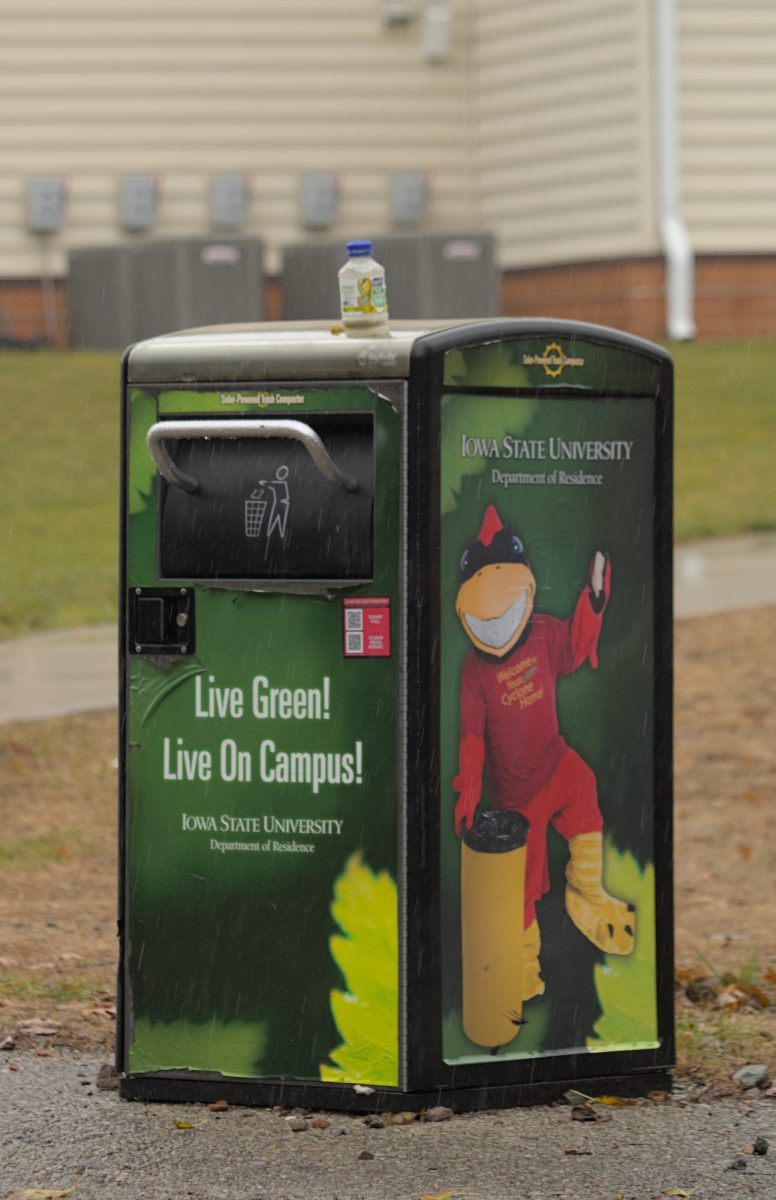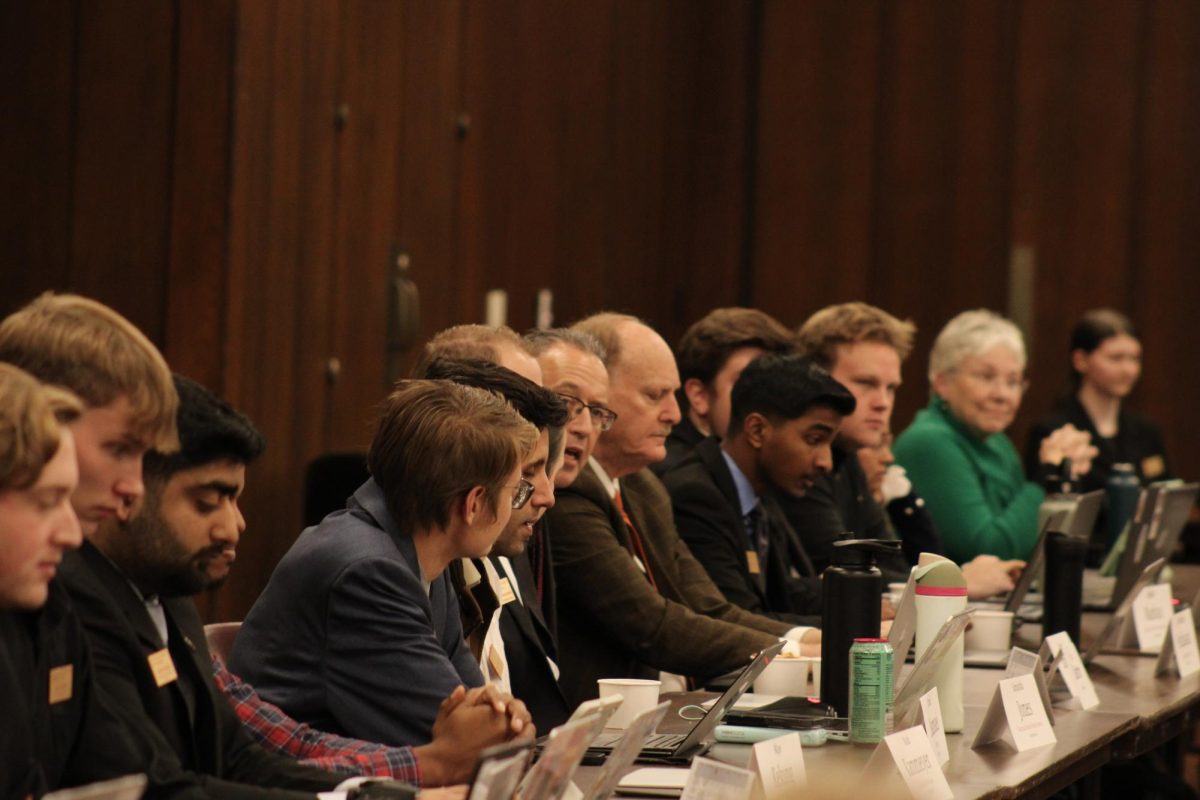COLUMN:Frivolous lawsuits hurting health care
March 25, 2002
What do hot coffee, McDonald’s, a woman’s lap, and the cost of health care in America have in common?
The answer is “Jackpot Justice,” or in the infamous case of the scalding McDonald’s coffee, a string of multimillion dollar jury awards which defy reason and in the case of the medical industry, threaten to bankrupt insurers and drive doctors out of the industry.
For instance, according to Jury Verdict Research, the average medical malpractice jury award has risen almost 75 percent from 1995 to 2000 to an average of $3.5 million per case, with some awards going as high as $40 million. (For reference, the current Powerball jackpot sits at $48.1 million with a $26.1 million cash option).
It’s no surprise that jury awards are on the rise however: After all, Americans these days are perhaps the most sue-happy people on the planet.
Yet many of these lawsuits brought about are absolutely shameless attempts to extort doctors for any treatment which isn’t completely perfect, or as Dr. Sultan Ahamed puts it, “Everybody is suing doctors because they are not getting absolute positive results every time.” Try applying that rule to your local mechanic and see how fast prices start to spike for a routine oil change.
Naturally, these suits are not without tremendous consequences: Malpractice insurance rates of 20 to 40 percent over the next year are looming on the horizon for doctors, with specialists such as obstetricians and neurosurgeons paying over $100,000 annually in premiums, according to The New York Times. Where does this cost go? Medicare and HMOs carry provisions shielding them from doctors passing on rising insurance costs, leading many doctors to simply quit the industry or to “diagnose defensively,” ordering series of needless tests for patients simply to “cover their asses” so to speak.
Medical tests aren’t free however – and with less doctors doing more and more needless tests, it’s a sure bet that this has a toll both upon patient insurance premiums and the quality of care available.
Slowly but surely, “jackpot justice” lawsuits are leaving the poorest members of society unable to even afford coverage, much less the expensive yet frivolous tests required for doctors to shield themselves from liability.
The problem has grown so bad, the New York Times reports, that some doctors even refuse to perform risky procedures for fear of lawsuit, clearly a matter of grave concern to many patients.
What can be done about the problem, though?
Last fall, members of Congress and lobbyists moaned and wailed for the need of a “Patient’s Bill of Rights,” with among other provisions, a clause allowing HMOs to be sued for malpractice claims due to refused treatments. Yet solutions like this only exacerbate the problem of health care availability in America – after all, the costs of the lawsuits simply get passed onto everyone else who pays premiums. And sure enough, this will drive out even more people into the ranks of the uninsured.
A study by the Cato Institute estimates that an imposition of HMO liability would result in a 2.7 to 8.6 percent premium increase along with some 500,000 to 800,000 people being dropped from coverage. Clearly if one of the main problems with health care in America is the number of uninsured, further eroding protections from frivolous lawsuits aren’t the answer.
Perhaps a better answer would be a dose of common sense: For instance, in the mid-’70s California passed a jury award cap of $250,000 on pain and suffering damages, measurably helping to control health-care premiums there.
Another venue is to short-circuit the jury altogether and simply render award decisions into the hands of judges, who are clearly better-versed in legal matters than your average jury. In addition to this, further extension of tort reforms such as “loser pays” rules in which the loser of civil cases bears the winner’s legal expenses would serve to discourage frivolous lawsuits brought about to “cash in” on the system.
But most important is the need for insurance companies to stop settling baseless claims out of court. This alone costs millions of dollars every year on clearly nonsensical issues. In essence it amounts to extortion – plaintiffs of frivolous claims threatening to sue unless they are placated.
For fear of the stratospheric jury decisions alone do many insurance companies choose to settle claims rather than have them out in court – caps on award settlements may help quell the skittishness these companies show for handling claims in court.
Ultimately however, the issue is with Americans themselves – until more Americans (especially those serving on said juries) stand up to “sue-happy” leeches, costs of health care and insurance will only continue to skyrocket.
Steve Skutnik is a senior in physics from Palm Harbor, Fla.






